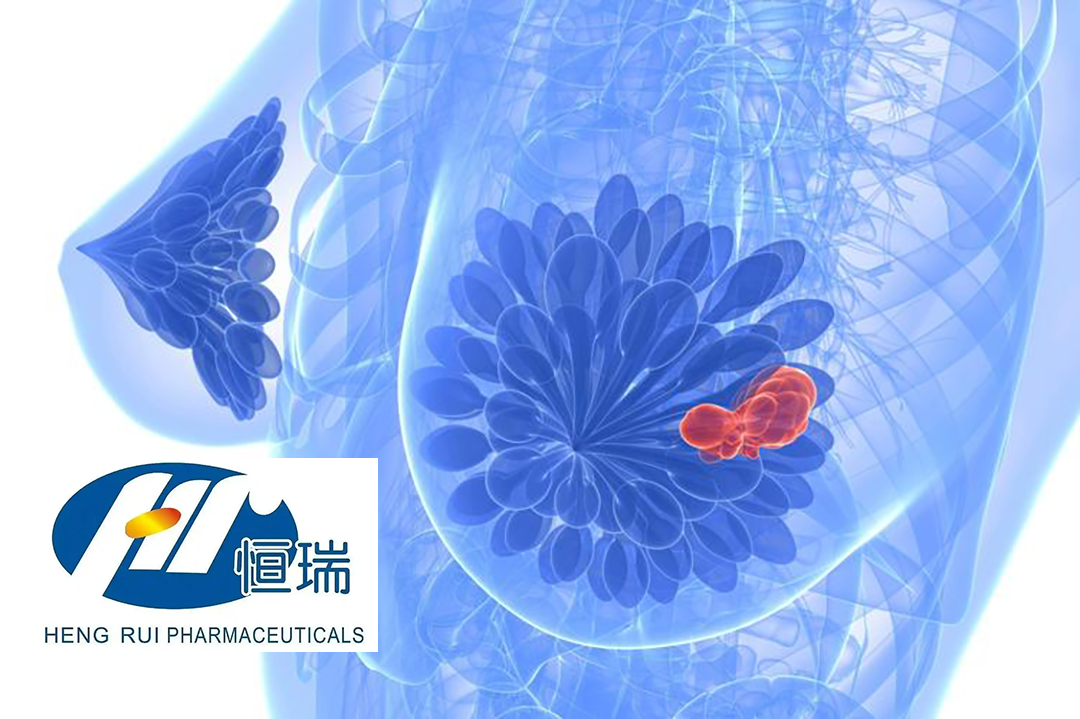Jiangsu Hengrui Pharmaceuticals Co., Ltd. (SHA: 600276), a leading China-based pharmaceutical company, has announced that it has obtained marketing approval from the National Medical Products Administration (NMPA) for the use of fluzoparib alone or in combination with apatinib. This new treatment is aimed at patients with human epidermal growth factor receptor 2 (HER2) negative metastatic breast cancer who possess a germline BRCA mutation (gBRCAm) and have undergone chemotherapy at various stages. For hormone receptor (HR) positive patients, eligibility includes those who have previously received endocrine therapy or are deemed unsuitable for such treatment.
Phase III FABULOUS Study Results Lead to NMPA Endorsement
The NMPA’s endorsement is supported by the Phase III FABULOUS study, which evaluated the efficacy of fluzoparib alone or in combination with apatinib for gBRCAm HER2- breast cancer. The study’s results indicated that both treatments significantly improved progression-free survival (PFS) compared to standard chemotherapy, with a positive trend observed towards overall survival (OS) benefit.
Fluzoparib: A Promising PARP Inhibitor with Multiple Approvals
Fluzoparib, a domestically developed poly ADP-ribose polymerase (PARP) inhibitor by Jiangsu Hengrui, has received three marketing approvals in China since December 2020. These approvals cover its use as a second-line treatment for recurrent ovarian cancer with BRCA1/2 mutations, as a maintenance treatment for platinum-sensitive recurrent epithelial ovarian cancer, fallopian tube cancer, or primary peritoneal cancer after platinum-containing chemotherapy, and as a maintenance therapy for advanced epithelial ovarian cancer, fallopian tube cancer, or primary peritoneal cancer following first-line platinum-containing chemotherapy.
Apatinib: A VEGFR-2 TKI with Broad Applications
Apatinib, a VEGFR-2 tyrosine kinase inhibitor (TKI), targets tumor angiogenesis and was first approved in 2014 for advanced gastric cancer/adenocarcinoma at the gastroesophageal junction (GC/GEJ) that has progressed or relapsed after at least two systemic chemotherapies. Its use has since expanded, with approvals for advanced hepatocellular carcinoma in patients unresponsive to or intolerant of first-line or later systemic therapies in January 2021, and for first-line treatment of HCC in combination with camrelizumab in January of the previous year.-Fineline Info & Tech
